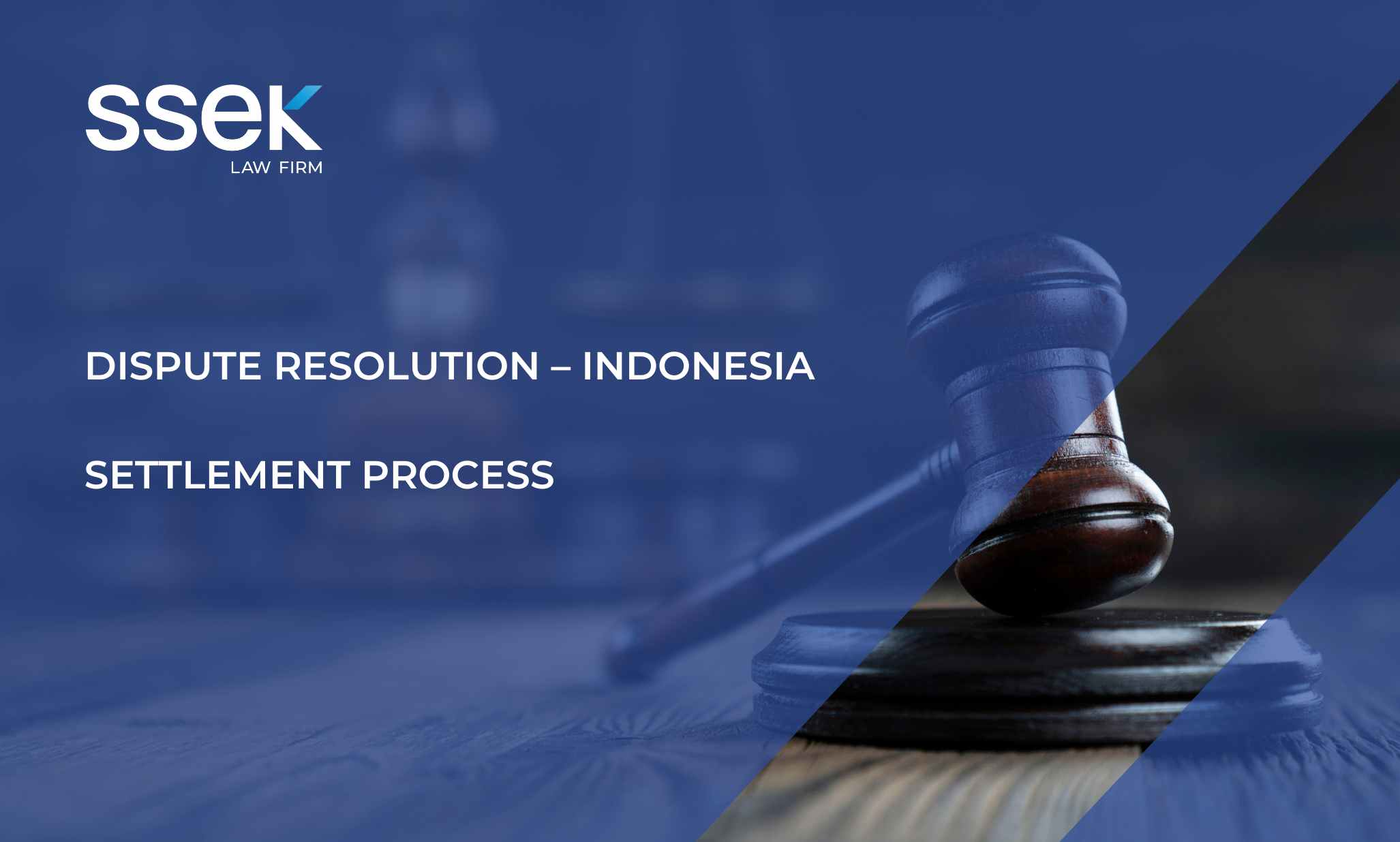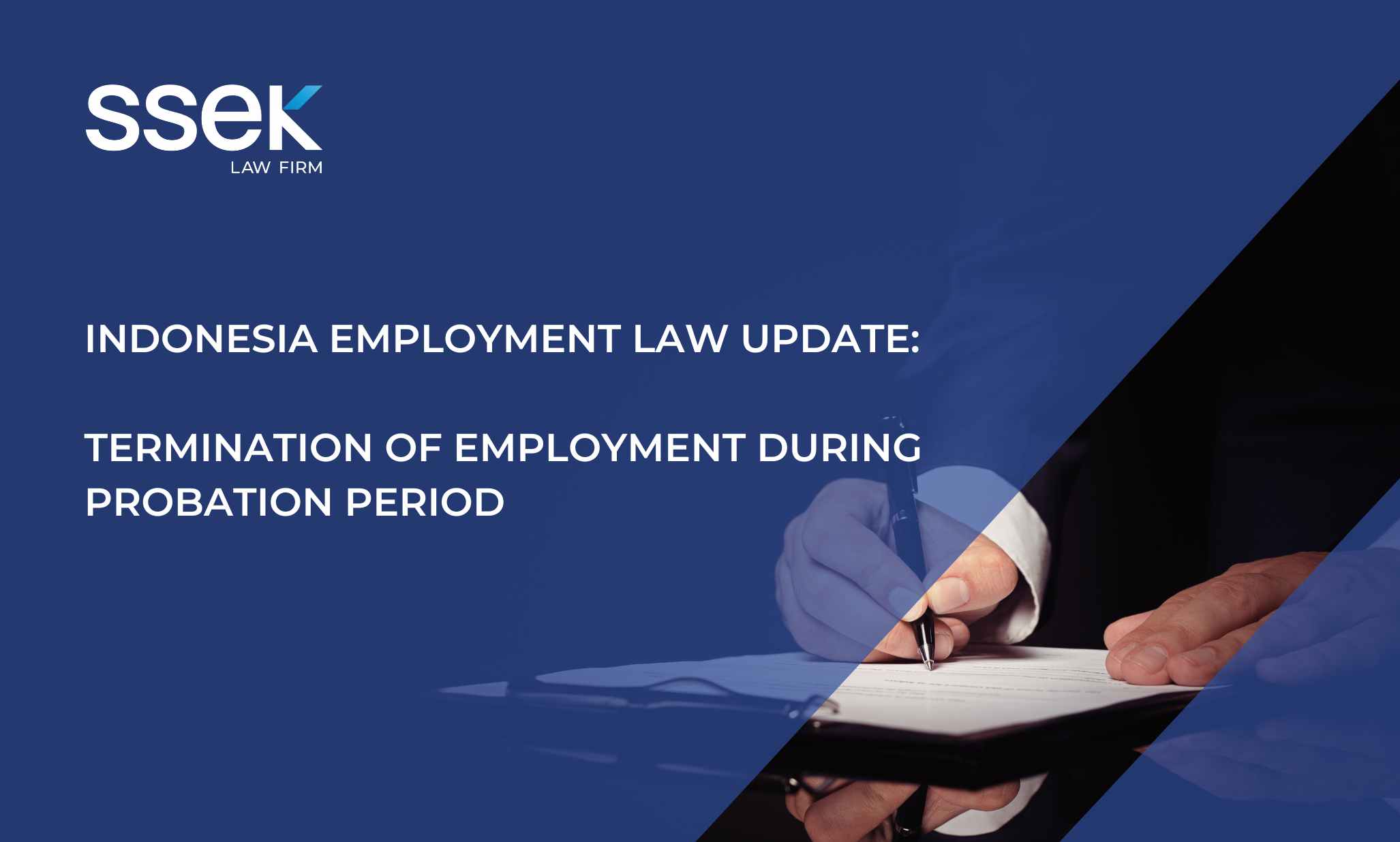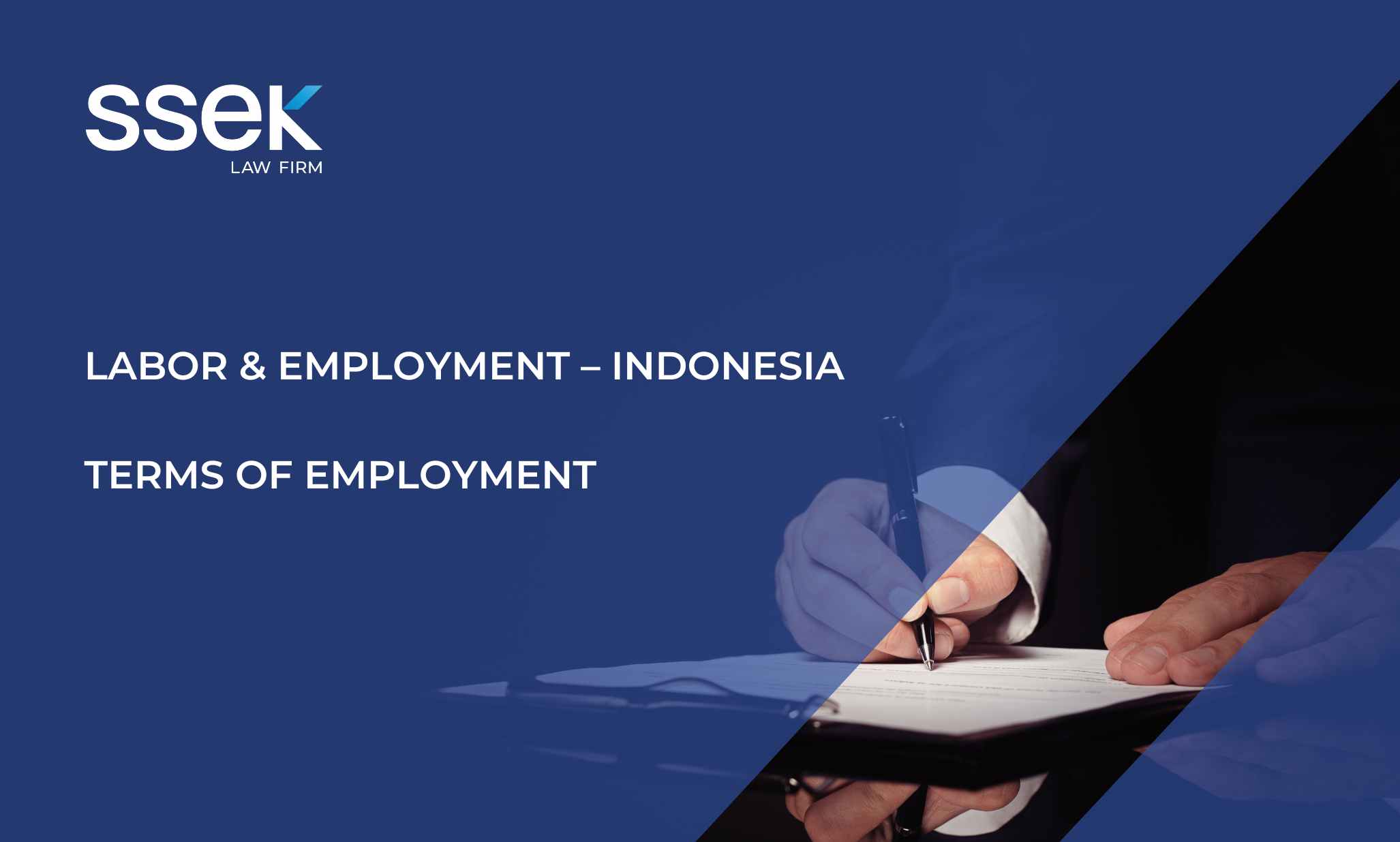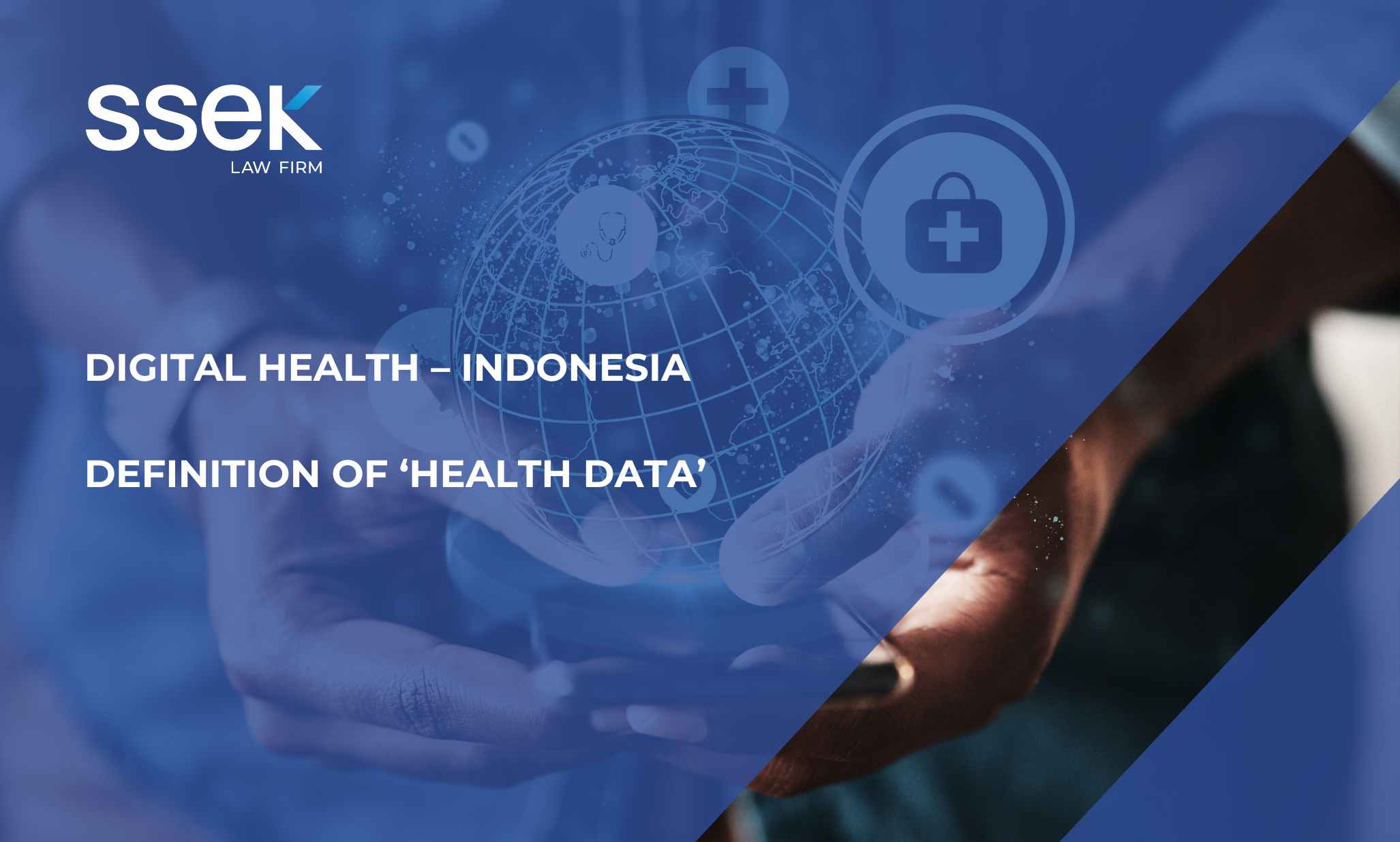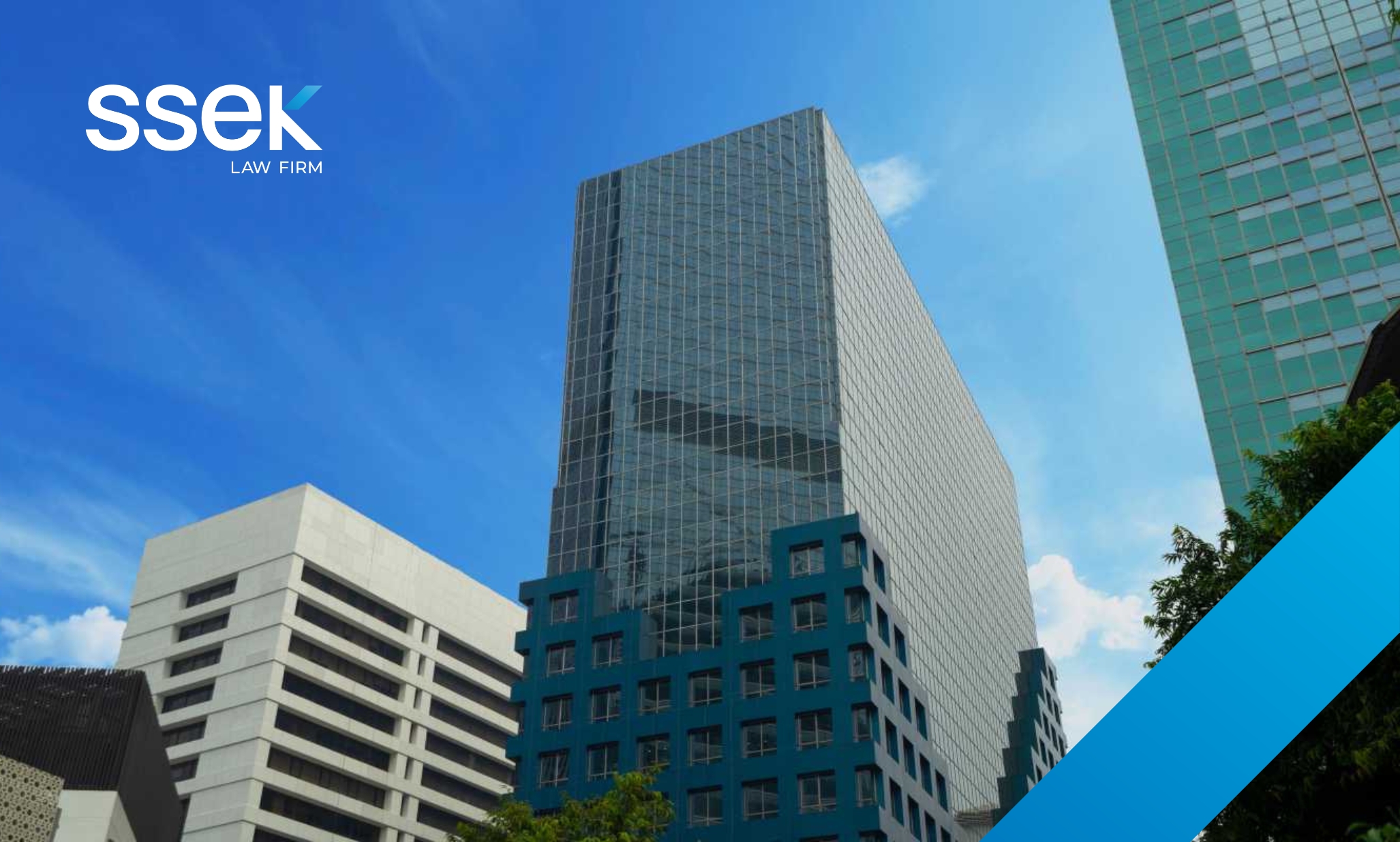

On January 10, 2019, the Government of Indonesia (GOI) issued Government Regulation No. 1 of 2019 regarding Foreign Exchange Export Proceeds from the Business, Management, and/or Processing of Natural Resources (GR 1/2019).
In essence, GR 1/2019 requires that foreign exchange export proceeds deriving from natural resources (DHE SDA) be deposited in special accounts (Special DHE SDA Accounts) in Indonesian foreign exchange banks (Bank), and this requirement shall be implemented not later than the end of the third month after the registration of the export declaration (Pemberitahuan Ekspor Barang).
Summary of GR 1/2019
Article 2 of GR 1/2019 regulates that every resident (defined as a person, legal entity, or other entity, domiciled or planning to be domiciled in Indonesia for at least 1 (one) year, including Indonesian representative and diplomatic staff posted overseas) is entitled to own and use foreign exchange. However, foreign exchange in the form of DHE SDA must be deposited in the Indonesian financial system, based on Article 3 (1) of GR 1/2019.
According to Article 3 (2) of GR 1/2019, the DHE SDA shall derive from the following export goods:
- Mining (as regulated under the laws and regulations governing minerals, coal and oil and gas);
- Plantation;
- Forestry; and
- Fishery.
GR 1/2019 mandates the Minister of Finance (MOF) to stipulate the types of export goods for each business sector mentioned above.
DHE SDA is required to be deposited in the Indonesian financial system by an exporter, which is defined in Article 1 point 8 of GR 1/2019 as "an individual, legal entity, or other unincorporated entity performing export." The exporter shall deposit DHE SDA into a Special DHE SDA Account at a Bank no later than the end of the third month after the month the export declaration was registered. Note that "Bank" does not include overseas bank branch offices in Indonesia.
Article 6 of GR 1/2019 provides that DHE SDA deposited in a Special DHE SDA Account shall be used by the exporter, by attaching the supporting documents, to conduct payment of the following:
- export duties and other levies relating to export activity;
- loans;
- imports;
- profit/dividends; and/or
- other uses by investor based on Law No. 25 of 2007 regarding Capital Investment, including (i) capital; (ii) profits, bank interest, dividends, and other income; (iii) funds required for the purchase of raw and auxiliary materials, semi-finished or finished goods, or the replacement of capital goods in the framework of protecting the sustainability of the capital investment; (iv) additional funds required for funding capital investments; (v) funds for loan repayment; (vi) royalties or other payable fees; (vii) income of foreign individuals working for the capital investment company; (viii) proceeds from any sale or the liquidation of the capital investment; (ix) compensation for losses; (x) compensation for an expropriation; (xi) payments made in the framework of technical assistance, fees payable for technical and management services, payments made under a project contract, and payments for intellectual property rights; and (xii) proceeds from asset sales.
Escrow Account
It is regulated under Article 7 of GR 1/2019 that in the event the DHE SDA payment as mentioned above is carried out through an escrow account, the exporter must create an escrow account at a Bank. If the escrow account was previously created overseas before the enactment of GR 1/2019, the exporter must relocate the escrow account to a Bank no later than 90 (ninety) days as of the enactment of GR 1/2019.
The definition of "escrow account" can be found in the elucidation of Article 7 (1) of GR 1/2019, which stipulates that "escrow account" is an account created to receive particular funds that can be withdrawn only by fulfilling special requirements in accordance with the written agreement between the party that deposited the funds and the party(ies) that have an interest in the escrow account.
Supervision
Pursuant to Article 8 of GR 1/2019, there are several supervisory authorities applicable to the implementation of GR 1/2019, as follows:
- The MOF shall supervise the implementation of export activities in accordance with the provisions of laws and regulations on customs;
- Bank Indonesia (BI), in accordance with the provisions of laws and regulations, will supervise the implementation of the obligation to deposit DHE SDA in the Indonesian financial system and the use of DHE SDA; and
- The supervision of the escrow accounts in Banks shall be performed by the Financial Services Authority (OJK) in accordance with the provisions of laws and regulations.
The results of the supervision by BI and the OJK as referred to in points b and c above must be informed to the Ministry of Finance and relevant ministries and/or technical agencies to be followed up in accordance with the provisions of laws and regulations.
Pursuant to Article 9 of GR 1/2019, if, based on the results of the supervision by BI and the OJK, it is found that the exporter:
- fails to deposit its DHE SDA in the Indonesian financial system;
- uses its DHE SDA not in accordance with the provisions of laws and regulations; and/or
- fails to open an escrow account/relocate an overseas escrow account to a Bank,
the exporter shall be subject to the following sanctions:
- administrative sanction;
- incapacity to export; and/or
- revocation of its business license.
Article 10 of GR 1/2019 provides that an implementing regulation for GR 1/2019 shall be enacted within 7 (seven) days from the date of enactment of GR 1/2019. However, to our knowledge, as of this writing no implementing regulation for GR 1/2019 has been issued.
Issues Related to the Oil and Gas Sector
Although the MOF has yet to stipulate the types of export goods for the oil and gas sector, this obligation will most likely apply to PSC Contractors that export crude oil and/or natural gas.
With respect to the requirement to deposit DHE SDA in a Bank, GR 1/2019 does not provide any technical guidelines on how this "repatriation" of DHE SDA should be implemented. Nor does GR 1/2019 regulate how long DHE SDA must remain deposited in Indonesia.
GR 1/2019 also imposes the obligation for PSC Contractors to repatriate an escrow account if payment using DHE SDA is done through an escrow account created overseas. Given the broad definition of "escrow account" under GR 1/2019, it may also cover any type of account that has a written agreement stipulating that the withdrawal of funds from such account can only be done by fulfilling special requirements.
GR 1/2019 may suggest that all PSC Contractors in Indonesia must deposit their export proceeds from the sale of crude oil and/or natural gas in a Bank, but most (if not all) PSCs provide these PSC Contractors the lawful right to retain such export proceeds abroad.
Failure to comply with the requirements under GR 1/2019 by PSC Contractors may be subject to termination of the PSCs. Therefore, legal advice from Indonesian counsel may need to be sought to safeguard the rights provided in their PSCs.
This publication is intended for informational purposes only and does not constitute legal advice. Any reliance on the material contained herein is at the user's own risk. You should contact a lawyer in your jurisdiction if you require legal advice. All SSEK publications are copyrighted and may not be reproduced without the express written consent of SSEK.





